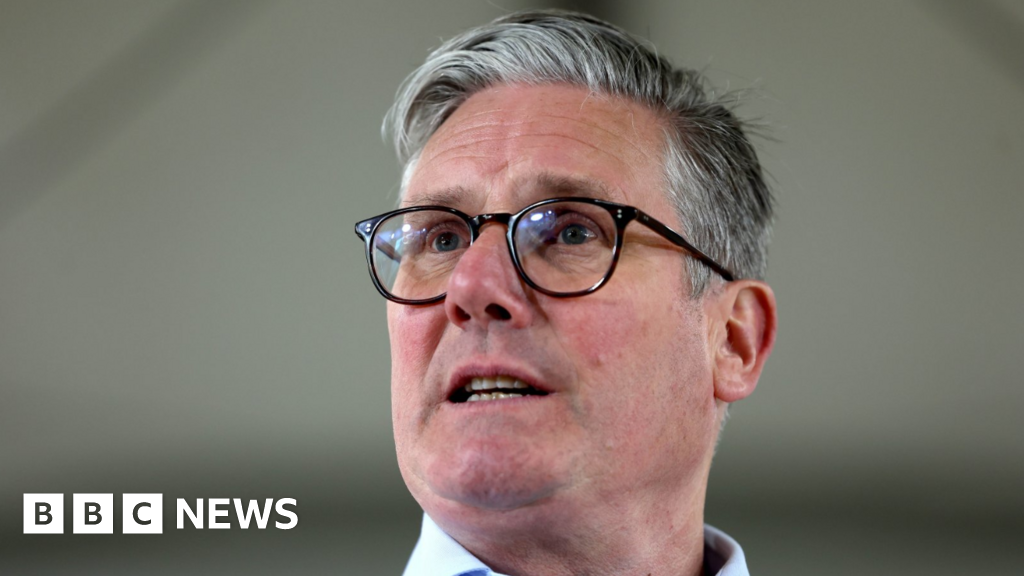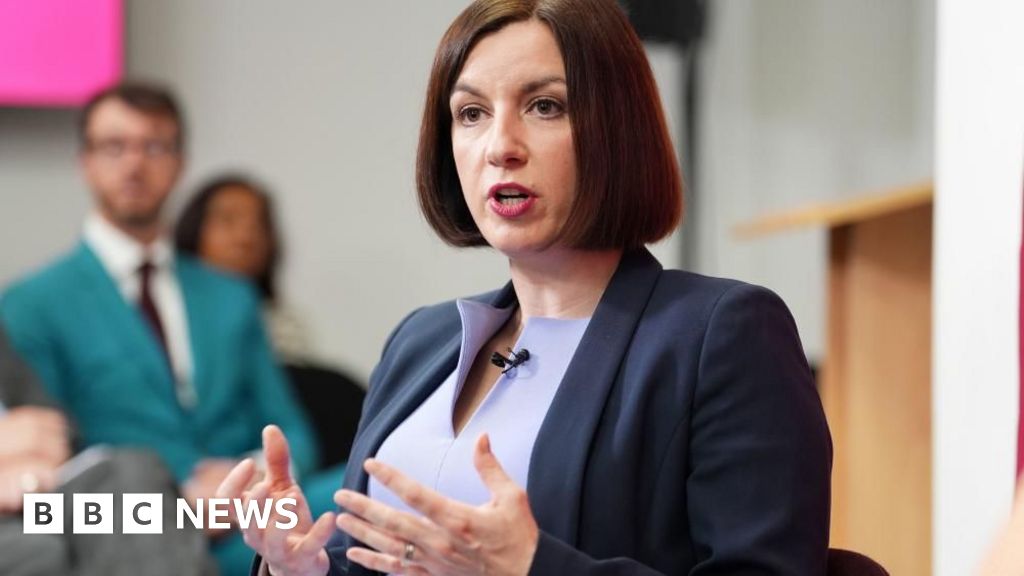ARTICLE AD BOX

By Nick Eardley & Anthony Reuben & Robert Cuffe
BBC Verify
Rishi Sunak is meeting just one of the five priorities he set out at the start of the year, according to BBC analysis.
In January, the prime minister pledged to halve inflation, grow the economy, cut UK debt, reduce NHS waiting lists and "stop the boats".
But BBC analysis of the government's progress so far suggests two of the priorities are not being met, while two others remain in the balance.
Mr Sunak has said people should judge him on the government's results.
"I will only promise what I can deliver. And I will deliver what I promise", he told voters in January, while announcing the five government priorities.
As parliament breaks for Christmas, BBC Verify has been looking at the data to find out how he's getting on.
Mr Sunak pledged to reduce NHS waiting lists - but overall waiting lists have gone up.
The overall number of waits for non-emergency treatment in England was 7.71 million in October, almost half a million higher than it was at the start of the year.
That is despite Mr Sunak's pledge that "NHS waiting lists will fall and people will get the care they need more quickly."
The government has made advances on the very longest waits.
The number of people waiting two years or more for treatment is now counted in hundreds rather than thousands.
And the number of people waiting between one and two years has fallen since the start of the year, although progress on that measure has been stalling since the summer.
'Stop the boats'
Mr Sunak also pledged to "stop the boats".
While the government has reduced numbers by more than a third, 29,400 people have crossed the Channel on small boats this year.
Ministers passed legislation earlier this year allowing them to detain and remove people who arrive illegally, but so far this has not happened en masse.
The plan to send some asylum seekers to Rwanda has been blocked by the Supreme Court. Parliament is currently debating legislation to try and get the scheme off the ground. At the same time, it was revealed last week just 408 non-Albanian small boat migrants had been returned since 2020.
Our analysis also suggests two of the prime minister's priorities are in the balance.
He promised to "grow the economy", but as things stand growth for 2023 is flat.
Economic growth is officially measured by Gross Domestic Product (GDP). GDP is a measure of all the economic activity of companies, governments and individuals in a country.
Mr Sunak also pledged to reduce debt - but debt has been going up since the start of the year as a proportion of the economy. It stands at 98% of GDP, slightly higher than where it stood in January.
The government has said it wants debt to be falling by 2028-29. Independent forecasters at the Office for Budget Responsibility (OBR) have forecast this is on track, but it could require cuts to some public services.
The OBR - which is independent of government - assesses the health of the UK's economy and usually publishes its forecasts alongside big government events, such as the Budget and Autumn Statement.
The prime minister is, however, on track to meet his target of halving inflation by the end of the year.
Figures for October showed inflation at 4.7% - well down from the 10.7% at the start of the year. The final figures for quarter four (October-December) will be published in February, when we will know for sure.
Pat McFadden MP, Labour's National Campaign Coordinator, said Mr Sunak has failed to achieve his objectives.
"He sought to get economic growth going and the latest figures show it is falling. His flagship policy to stop the boats hasn't got off the ground. And NHS waiting lists still stand at over seven million. "
A Number 10 source, however, insisted that progress was being made: "The longest NHS waits have been cut, small boat arrivals are down by a third, and inflation has been halved."

 1 year ago
37
1 year ago
37








 English (US) ·
English (US) ·